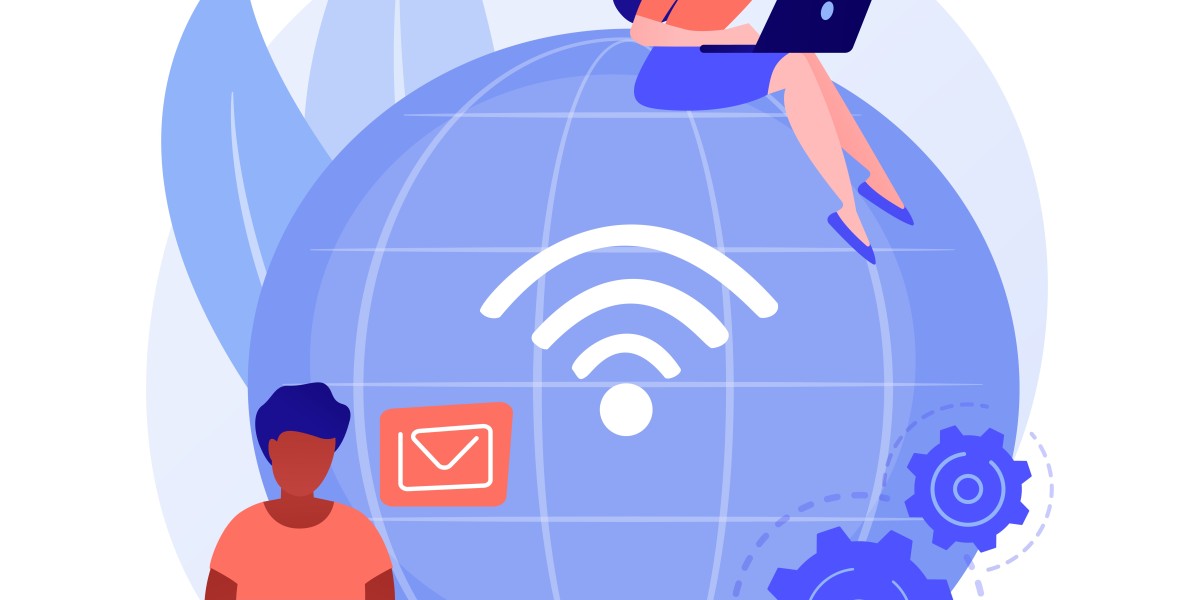 Understanding the Difference Between Driving License Suspension and License Revocation
Understanding the Difference Between Driving License Suspension and License RevocationIt is a popular belief that driving is an individual's "right". In reality, driving is a privilege the state gives. It is able to be suspended or revoked for a variety of reasons.
 A suspension may be permanent or indefinite and is lifted at the conclusion of a specified time period, usually upon payment of fines or the payment of back child support. A revocation is a permanent one and requires you to apply for a license.
A suspension may be permanent or indefinite and is lifted at the conclusion of a specified time period, usually upon payment of fines or the payment of back child support. A revocation is a permanent one and requires you to apply for a license.What is a suspension of a driver's license?
While the laws in each state are slightly different the suspension process is usually temporary and will stop you from driving during a specified period. The suspension may last for a year or longer, depending on the laws of the state and the reason for the suspension. On the other the other hand, a revocation implies that your driving license will be taken away for life and is extremely difficult to get back.
Typically, you will be able to drive while suspended for certain reasons such as work or to and from school or to and from a doctor's visit. In most cases the court will allow you to apply for restricted license. If you are convicted for driving with a suspended licence it could result in an incriminating record that can impact many aspects of your daily life, including the job, housing, and immigration status.
The reason why people often get their licenses suspended is due to traffic infractions. This includes speeding or running an red light or stop sign, not signalling before changing lanes, etc. Some drivers' licenses can be suspended for other reasons, for instance, failure to pay child support or spousal maintenance.
In New York, if you are in the process of driving with an expired or suspended license the charge is "aggravated unlicensed operations." The amount of AUO may differ depending on the severity of the offence but it can vary from a minor misdemeanor to a serious felony. Driving with an unlicensed license or a license that is revoked could also result in higher insurance premiums.
A competent defense lawyer can help you fight charges (in criminal or traffic court) and also get your driving license reinstated. This can be done by providing evidence from witnesses or video to back up your account of the events. An experienced attorney can negotiate a reduction in penalties, for example, the cost of getting your license back. This may involve paying a penalty and completing a state-approved driver improvement course. It is crucial to keep your record clean so that you don't lose your driver's license in the future.
What is an revocation?
The terms "suspension", "revocation", and "revocation" are often used interchangeably. Both of them can affect your driving rights, but they are two separate actions. The main difference between a suspension as well as the revocation is that the former is only temporary and the latter is permanent. A suspension is usually caused by a violation that directly affects driver safety. A revocation could be the result of a serious criminal incident that is not directly connected to driving.
A suspension is usually for a set period of time, unless it's indefinite. In the latter case, the suspension may be lifted only by paying a fine or surcharge or completing a course to stop impaired driving (IDP). A revocation is permanent, and you won't be able to obtain your license reinstated even after the revocation period has ended.
In New York, a driver may also face revocation if they are found guilty of DWI or DWAI or refused to take an examination for chemical. Generally, the longer the suspension or revocation the more serious the offense that led to it.
Other incidents can result in the suspension of a New York driver’s license suspension such as not paying traffic fines, failing to appear before a judge and refusing a breathalyzer test or blood test when stopped by a cop. These kinds of incidents typically result in a lengthy license suspension and are deemed to be a serious offense.
New York State passed a law in June 2021 which banned the practice of suspending licenses of drivers if FTAs or FTCs are found guilty of traffic offenses. However it isn't the first state to have done this. Police are still able to pull over drivers based on their driver's records and argue that they have the right to do so, but this argument usually falls on the wrong side of the law.
A suspension only lasts for a short period of period of time, whereas the revocation process is never over. Once the revocation period has expired, you can apply for an anew driver's license. However, you will be required to pass both the written and driving tests. You will also have to pay a fee for the application and you could be required to demonstrate your financial obligation.
What is the difference between the suspension and cancellation?
A license suspension or revocation could be a major headache and financial burden. You could be subject to higher insurance rates or lose your job or even be cited for driving with a suspended or cancelled license. Understanding the distinction between the two types of license suspension and license revocation will help you to find a solution quickly.
A suspension is a temporary revocation of driving privileges. It can vary from one or two days to months or even years, subject to the laws of your state and the severity of the crime. Suspensions are usually the result of serious violations or non-compliance with regulations.
It's common to get suspended by paying your fines and submitting a request to reinstate it, however, the conditions differ for suspensions that are indefinite and definite. You'll usually be given a specific date on when your license will be restored if you've had a permanent suspension. You can then legally drive again, as long as you've paid the fine and complied with any other conditions the law enforcement officer has stipulated.
An indefinite suspension sounds more frightening, but in reality, it's usually less severe. You are advised to wait until the suspension is completed and then apply for the license.
In general, a revocation can be more severe than a suspension and is the permanent cancellation of your driving privileges. Revocations are usually punitive, and can be a sign of serious breaches of the law or serious threats to public security.
You can regain your license after a revocation, but it's typically more complicated and will require the help of an experienced attorney. The procedure to do this will vary based on the particular case and the reason for revocation however, in most cases, you will have to pay any outstanding fines, attend the driving or safety course and go through the licensing process again starting from scratch. You may also be required to show proof that you are suffering from an illness that prevents you from driving safely, or take the drug test.
How can I reinstate my license?
It is possible to get your license back However, you must know and adhere to the laws of your state. Some states permit drivers to renew their license after a period of time. Others might have stricter requirements. The first thing you should be sure to study the cancellation or suspension order that you received from your local DMV. This will tell you the length of time your suspension will last as well as what steps you need to take to regain your driving privileges reinstated.
Typically, you'll need to pay a fee and provide proof of insurance to get your license reinstated. You may be required to complete an improvement program for drivers to improve your driving record and lower your insurance rate. The length of the course varies from one state to another, and you will need to complete it within a specified timeframe.
If you're driving on an unlicensed or suspended driver's license, you will be subject to more severe penalties. This could result in more lengthy suspensions and/or permanent loss your driving rights. If you're found driving with an unlicensed or suspended license, you could face hefty penalties, including possibly jail time.
In most cases, driving-related infractions could result in your license being suspended. However, there are also other situations that can result in the suspension of your license, for instance, failing to pay child support or tax due or failing to respond an incident with a traffic ticket. In these cases, your license could be permanently suspended and you'll need to speak with an New York traffic attorney for assistance.
Many people think that once their license has been suspended they're at a dead end and Licencefrancexpress.Com cannot get it back, but this isn't always the case. An experienced attorney who has been suspended will be able to collaborate with the Department of Motor Vehicles and the courts to help you get your license back after a certain period of time. In some instances, the attorney may work to lift the suspension by relying on an agreement with child support or a payment plan for back taxes.








